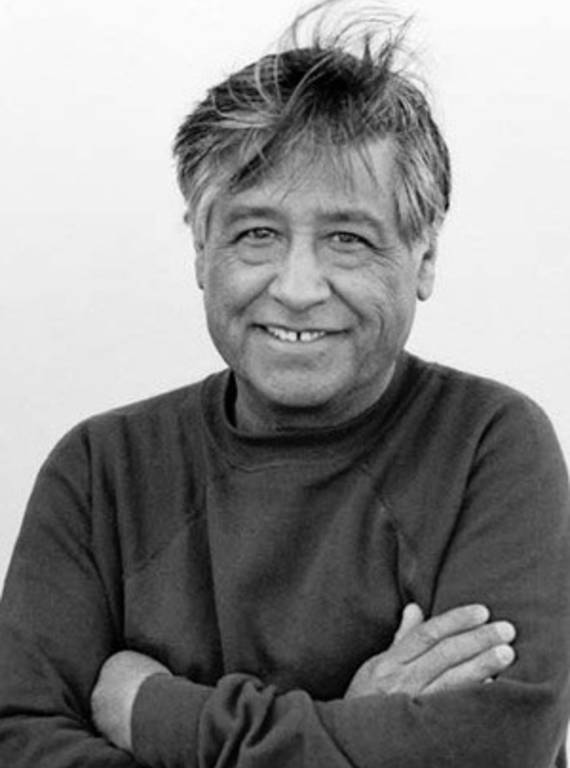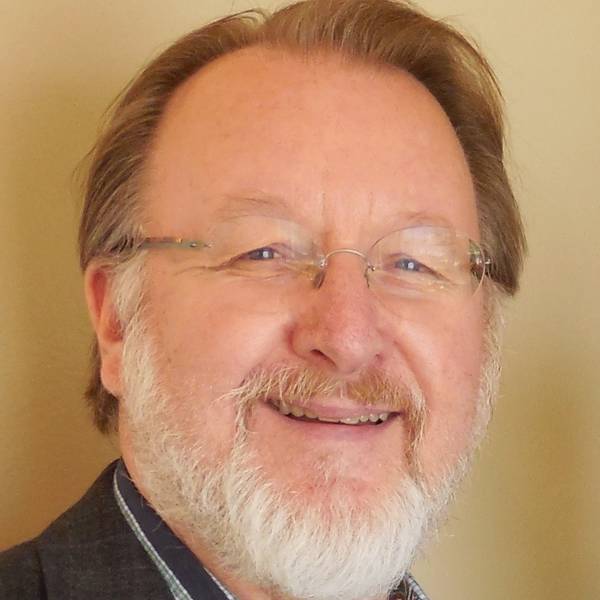NPCA commends President Barack Obama for announcing on Monday that he will designate a César E. Chávez National Monument in Keene, California, as the 398th site in the National Park System—the first national park unit to recognize the work of a contemporary Latino American. This designation is an excellent first step toward honoring Chávez and a fitting way to celebrate Hispanic Heritage Month.
NPCA has long supported the addition of a Chávez-themed site to the National Park System. That work began more than a decade ago when our Pacific Regional Office and Government Affairs department began lobbying Congress for passage of the César Estrada Chávez Study Act, first introduced by Congresswoman Hilda Solis and Senator John McCain. NPCA’s outreach included a unique partnership with the César Chávez School for Public Policy in Washington, DC, whose students accompanied NPCA staff on multiple visits to congressional offices to lobby on behalf of the bill. NPCA has also supported outreach “on the ground” with our Central Valley and Pacific Region offices, where we have been involved in organizing local community support and working closely with partners such as the César Chávez Foundation on this effort. The bill passed by bipartisan voice vote in 2007, and the National Park Service released its draft study in 2011.

Chávez is recognized as one of the most important labor and human rights leaders in the United States during the twentieth century because of his leadership of the farmworkers movement in the 1960s. In alliance with thousands of farmworkers and their supporters, Chávez and Dolores Huerta co-founded the United Farm Workers of America (UFW) in 1962, the first agricultural labor union in the nation. As president of the UFW, Chávez steered the union through a series of unprecedented victories, including contracts that covered more than 100,000 farmworkers; raised wages and funded health care and pension plans; mandated the provision of drinking water and restroom facilities in the fields; regulated the use of pesticides in the fields; and established a fund for community service projects. Chávez’s non-violent advocacy helped secure the passage of the first law in the United States that specifically recognized farmworkers’ rights to organize unions and engage in collective bargaining.
The work that Chávez and his allies led inspired generations of Americans and is recognized as one of most successful grassroots movements in our nation. In 2011, the National Park Service found that there was a need for a national park site dedicated to César Chávez and determined that five locations around the country were of national significance, including the site of the new national monument, the National Chávez Center at Nuestra Señora Reina de la Paz. (The name translates to “Our Lady, Queen of Peace” in English, and is commonly referred to as “La Paz.”)
Chávez established the headquarters of the United Farm Workers of America (UFW) at La Paz in 1972. La Paz now has great historic significance for its role in the 20th century labor, civil rights, Chicano, and environmental movements, and for its association with Chávez. The site contains 26 historic buildings and structures that include a visitor center with Chávez’s preserved office and library, as well as a memorial garden and Chávez’s burial site.
NPCA hopes the designation of La Paz as a national monument will serve as a first step toward preserving all five sites that the National Park Service found to be nationally significant, including a historic 1966 march route from Delano to Sacramento; the hall in Phoenix, Arizona, where Chávez fasted for 24 days; and the former site of the UFW headquarters in Delano, California, known as 40 Acres.
Read NPCA’s press release celebrating this historic designation and learn more about the work of NPCA’s Pacific Regional Office.
About the author
-
 Ron Sundergill Former Senior Regional Director
Ron Sundergill Former Senior Regional DirectorRon joined NPCA in 2005. He is the Senior Regional Director for the Pacific office, overseeing the work of the regional office and its four field offices.


